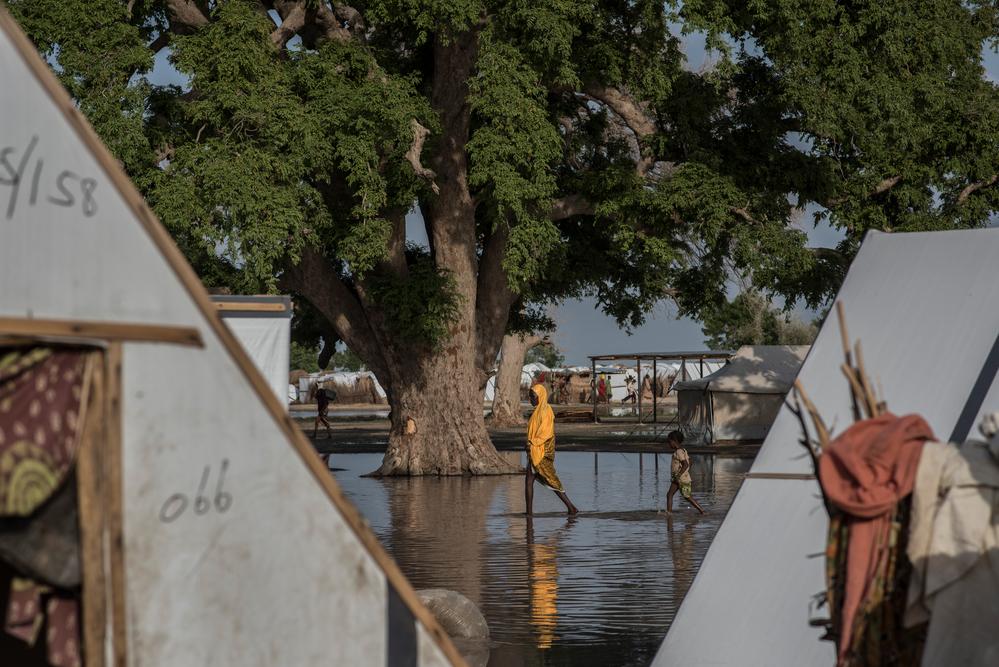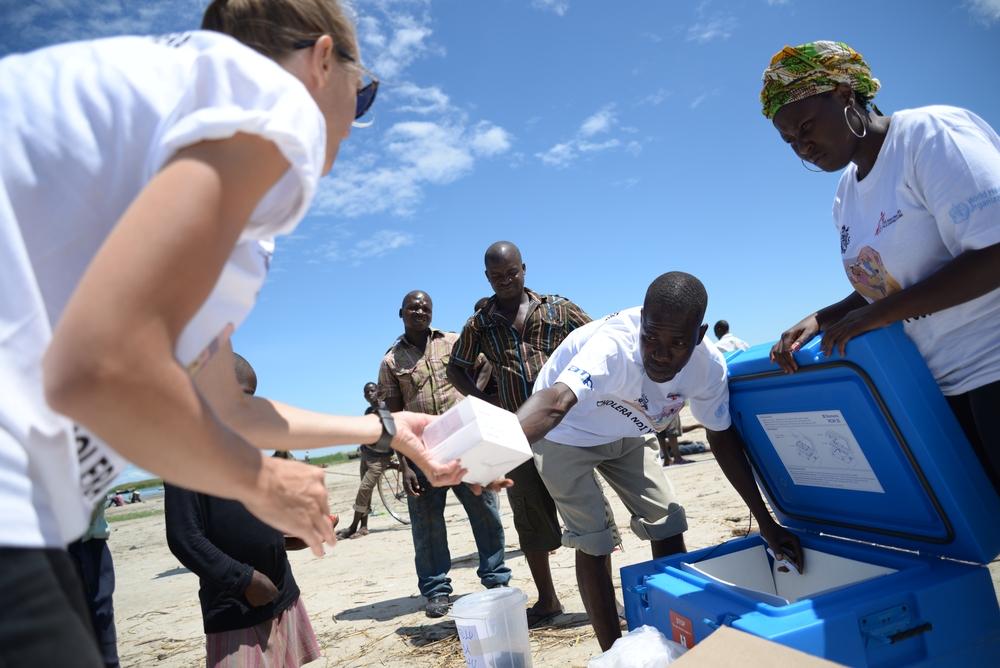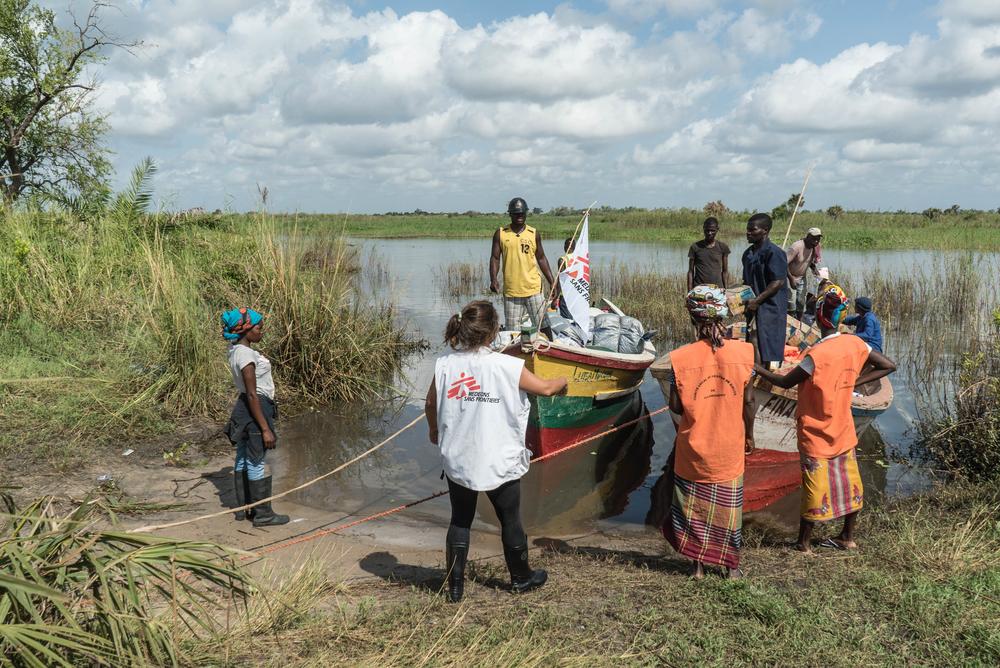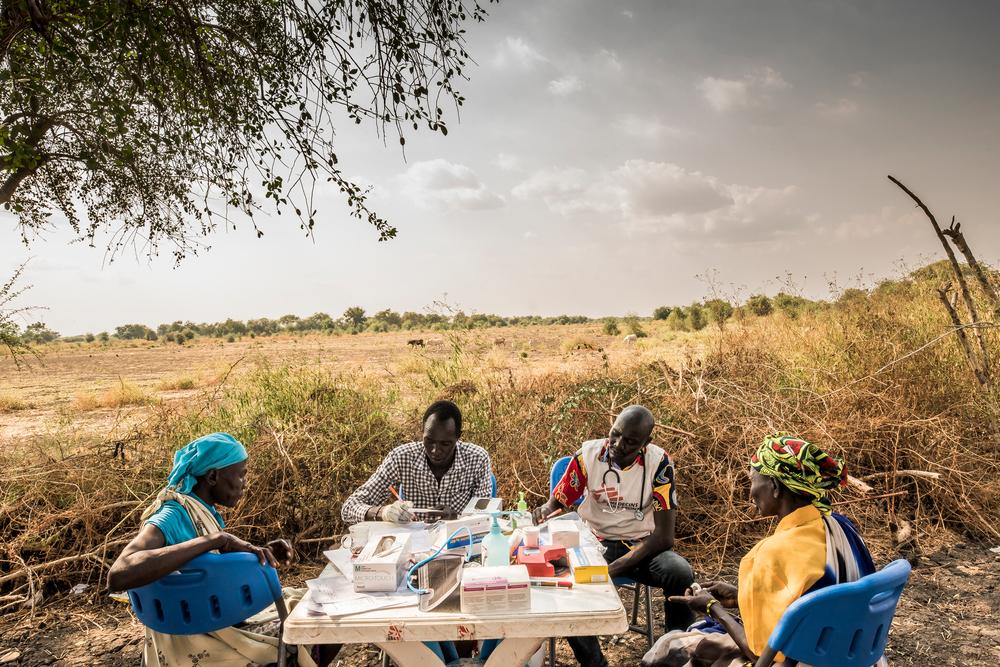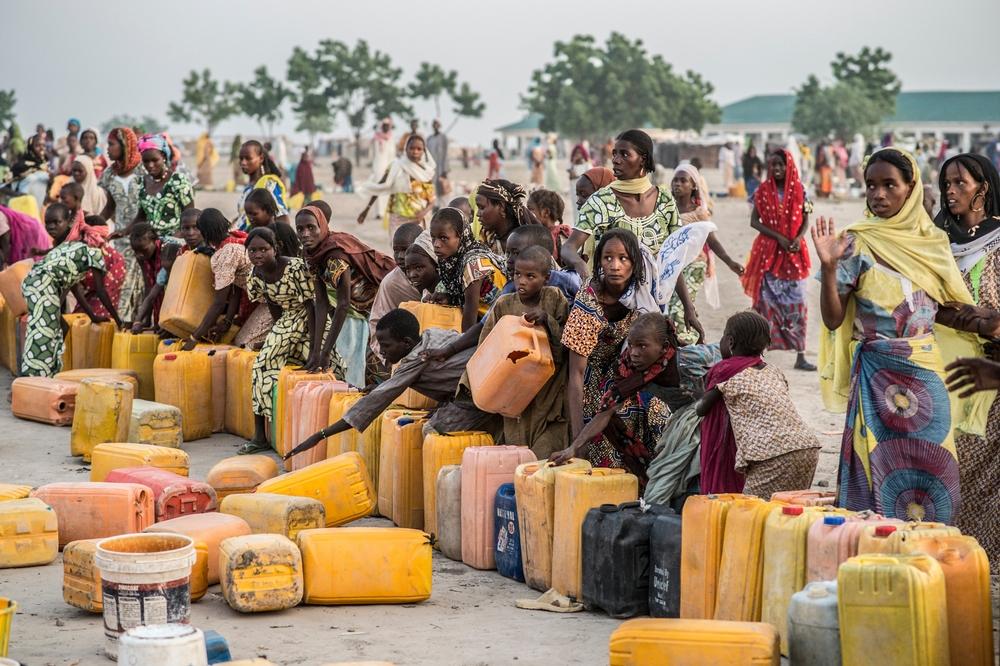
COP26: MSF warns of health and humanitarian impacts of climate change
In 1 click, help us spread this information :
The health impacts of the climate emergency are already a reality for many people in the world. At COP26, MSF will bring a humanitarian voice to the negotiations and raise its concern that these impacts will worsen unless urgent action is taken to reduce greenhouse gas emissions.
MSF teams are medical humanitarians, not climate scientists – but after years of witnessing how climate change has likely exacerbated health and humanitarian crises in multiple contexts where we work, we are compelled to speak out about what we see. Carol Devine, Lead, Humanitarian Action on Climate & Environment for MSF
MSF medical humanitarian teams are already responding to situations that are likely linked to climate and environmental change, including infectious diseases transmitted by insects - such as malaria, or in water - such as diarrhoea, which are affected by changing temperature and rainfall patterns. They also include malnutrition, for example due to prolonged droughts, and other extreme weather events such as cyclones and floods. MSF is also reviewing its operational strategies to ensure emergency preparedness features prominently.
To better understand these phenomena, MSF recently published a new brief for the 2021 Lancet Countdown Report on Climate & Health, sharing country case studies that warn how environmental changes may be exacerbating existing medical and humanitarian needs.
The report "Climate change : An Ongoing crisis" published in October 2021, shows how MSF bears witness to climate-exacerbated crises, helps communities build resilience to current or future environmental change, and implements innovative and environmentally sustainable solutions in its humanitarian response.
MSF commitment on environmental footprint
MSF is aware that its nature as an emergency organisation should not exempt it from efforts to decarbonise its activity. The ethical obligation to "do no harm" applies to both people and the planet. Therefore, the whole MSF movement has already committed, through the adoption of an Environmental Pact in November 2020, to reduce its environmental footprint. In addition, the operational centres in Geneva and Paris have set targets, committing to reduce carbon emissions by at least 50% by 2030, compared to 2019 levels.
Raising awareness in Luxembourg
In order to make the Luxembourg population aware of the urgency of the situation and to inform them of the actions undertaken by Médecins Sans Frontières, MSF Luxembourg is running a campaign across media with the slogan "We care for people the world over, but will that world always be there?". With its solid experience, MSF wishes to look to the future with a clear statement and strong commitments, aware that no one can be healthy on a sick planet.
At the political level, MSF International President Dr Christos Christou discussed with Minister of Cooperation and Humanitarian Action Franz Fayot in October 7 in Luxembourg about the direct and growing link between the climate emergency and the public health problem that MSF is witnessing around the world. He also highlighted the work of the Luxembourg Operational Research Unit (LuxOR) in researching the impact of the floods in South Sudan on local populations and humanitarian operations.
They also discussed the possibility of establishing a partnership to organise a conference between different international humanitarian agencies in Luxembourg next spring, around the issue of planetary health.
